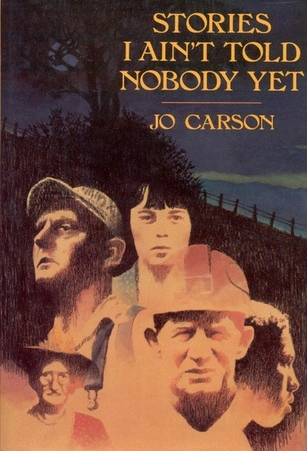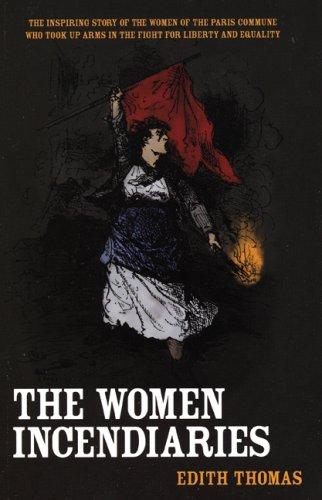The history of women, considered as a branch of social history, is generally held to be insignificant. For "serious" historians, it deserves to be taken no more seriously than any other "lady's work." An historian of the Commune has recently written: "There will inevitably be feminine demonstrations, and they will be enacted by the petty bourgeoisie. They may be the rowdiest of all, but the essential point does not lie in that; it lies in the fact that the working women of the Commune shattered the illusion according to which the emancipation of their sex was to occur as a side effect of the class struggle." Now this emancipation is by no means an illusion. The women who today have access to intellectual professions (university professors, doctors, engineers), in the capitalist countries as well as in the socialist ones; who earn a living without a protector, either lover or husband; who are directly engaged in society—these women are infinitely more "free" than their grandmothers would have dared to dream. The liberation of woman, then, is not necessarily fused with that of the proletariat. The two do not move at the same rate. The fact that Marxist historians and bourgeois historians are in accordance on this issue proves merely that the former are as bogged down in masculine prejudice as their colleagues, although for them it is more a question of political tactics.












